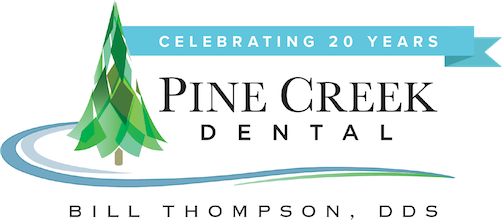There are various reasons people are afraid of going to the dentist. It can be due to a painful childhood experience or the negative connotation that the term “dentist” brings. Some associate a trip to a dental office to pain and discomfort, triggering anxiety as the appointment nears. If you have dental phobia and this causes you to ignore your oral health needs, then you should learn how to deal with your inhibitions through proper communication with your dentist in Colorado Springs, distraction techniques, and pain control.
Communicate with Your Dentist
One important way to ease dental distress is to know its source and communicate it to your dentist. This way, you and your dentist can work together in finding the best course of action in treating your oral problem. Being part of the decision-making can help you gain a sense of control. Further, if you prefer knowing every step of the procedure, your dentist can guide you through it.
Agreeing on a hand signal is another technique that can establish a comfortable relationship between you and your dentist. You can make the signal when you get too anxious, allowing you to take your time and prepare yourself.
Distract Yourself
While in the waiting room, it’s best to focus on something other than your checkup. You can listen to music, read a good book, or watch a movie on your laptop as you wait for your turn. There are dentists who start using virtual-reality goggles to distract patients from the dental fear through lifelike images and sounds, helping them relax during the treatment.
Control the Pain
Because pain is one of the most common causes of dental fear, dentists use techniques to make procedures more comfortable and less painful. For instance, your dentist in Colorado Springs, CO can apply topical anesthetics to numb the area where local anesthetic will be injected. This way, you won’t feel a lot of pain during the process or after it is done. Laser drills can also be used, instead of traditional mechanical models, because they can cause less pain when preparing cavities for fillings.
Dental phobia shouldn’t stop you from taking care of your teeth, gums, and mouth. A good dentist will understand and find a way to help you deal with it, so it’s best to let them know if you have this condition.
Sources:
Treatments And Coping Methods colgate.com
Coping With Dental Phobia webmd.com

 Meet Dr. Bill Thompson
Meet Dr. Bill Thompson Meet Our Team
Meet Our Team NEW Pine Creek Dental Office
NEW Pine Creek Dental Office




